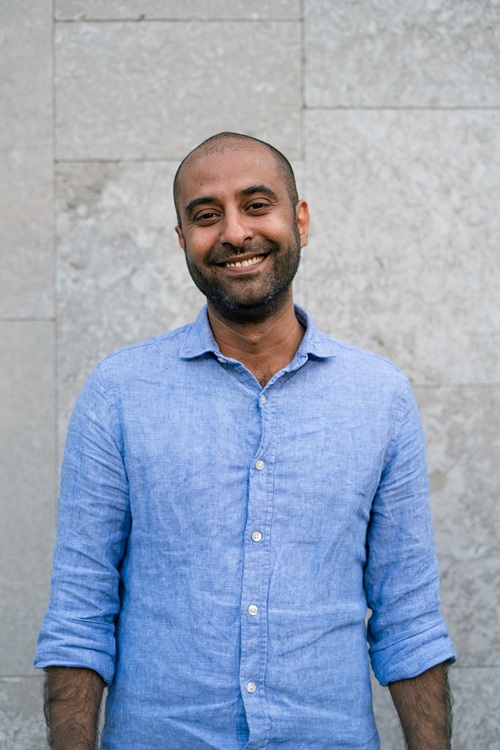I arrived in the UK in 1995, aged 10. I didn’t speak English. I didn’t know I had undiagnosed dyslexia. And I certainly didn’t understand what it meant to be a “refugee”. But my first lesson in this country didn’t come from a classroom. It came from George – our neighbour – who knocked on our door each morning to make sure I got to school, handed over dinner money when we couldn’t afford it, and showed me, without words, what solidarity looks like.
Today, I work from Oxford as a humanitarian aid worker. I’ve walked alongside communities in Yemen and Somalia – places where armed conflict has torn through families, institutions, and trust. But even in the wreckage of war, I’ve seen how people rebuild connection: neighbours sharing what little they have, women leading local peace-building efforts, young people holding the threads of community together. That kind of cohesion – quiet, patient, and profoundly human – is what keeps societies from falling apart.

And it’s just as vital here, in the UK.
This year’s Refugee Week theme, ‘Community as a Superpower’, isn’t just a slogan. It’s a timely reminder that integration isn’t a policy checklist – it’s the everyday work of building a society in which people not only survive, but belong.
From assimilation to real belonging
In the 1990s, when I was growing up in West London, “integration” meant assimilation. Speak English. Follow the rules. Be grateful. It was a one-way street: refugees and migrants were expected to change; wider society wasn’t expected to meet us halfway.
After the 2001 riots in Oldham, Burnley and Bradford, politicians replaced “integration” with a new term: community cohesion. It sounded more inclusive. It recognised that trust and belonging are built on mutual effort. But too often, it became a tool for control – focused more on preventing unrest than nurturing real inclusion. The question was, “How do we keep communities calm?” when it should have been, “How do we help communities thrive together?”









